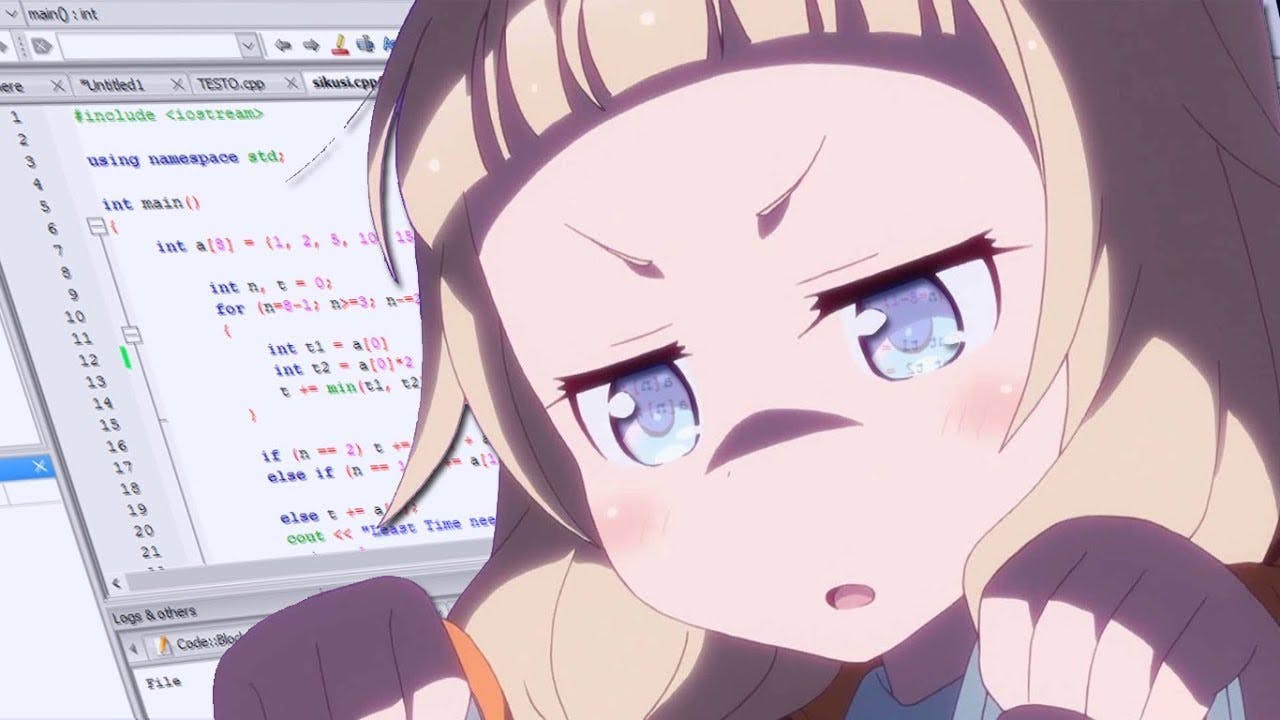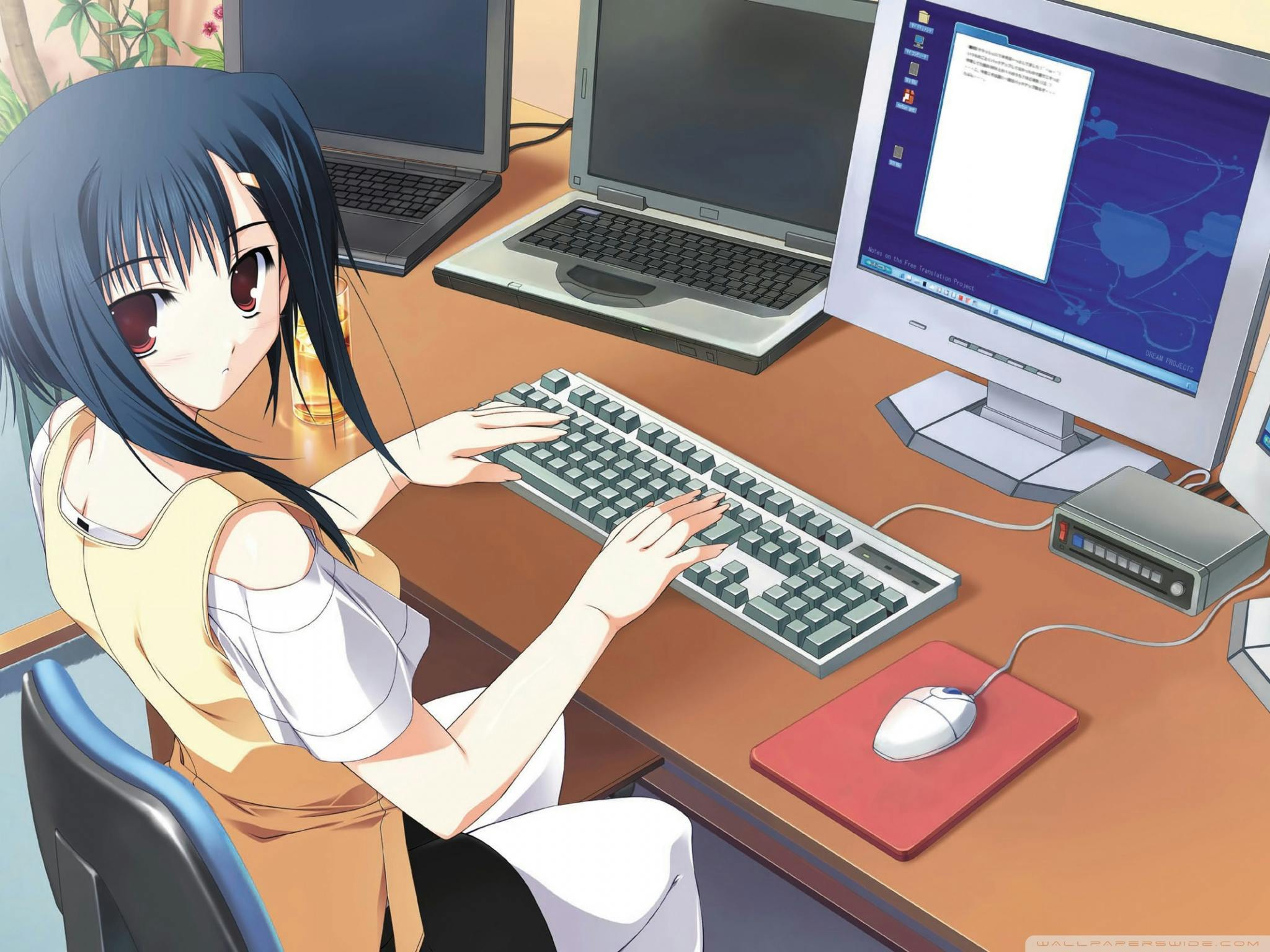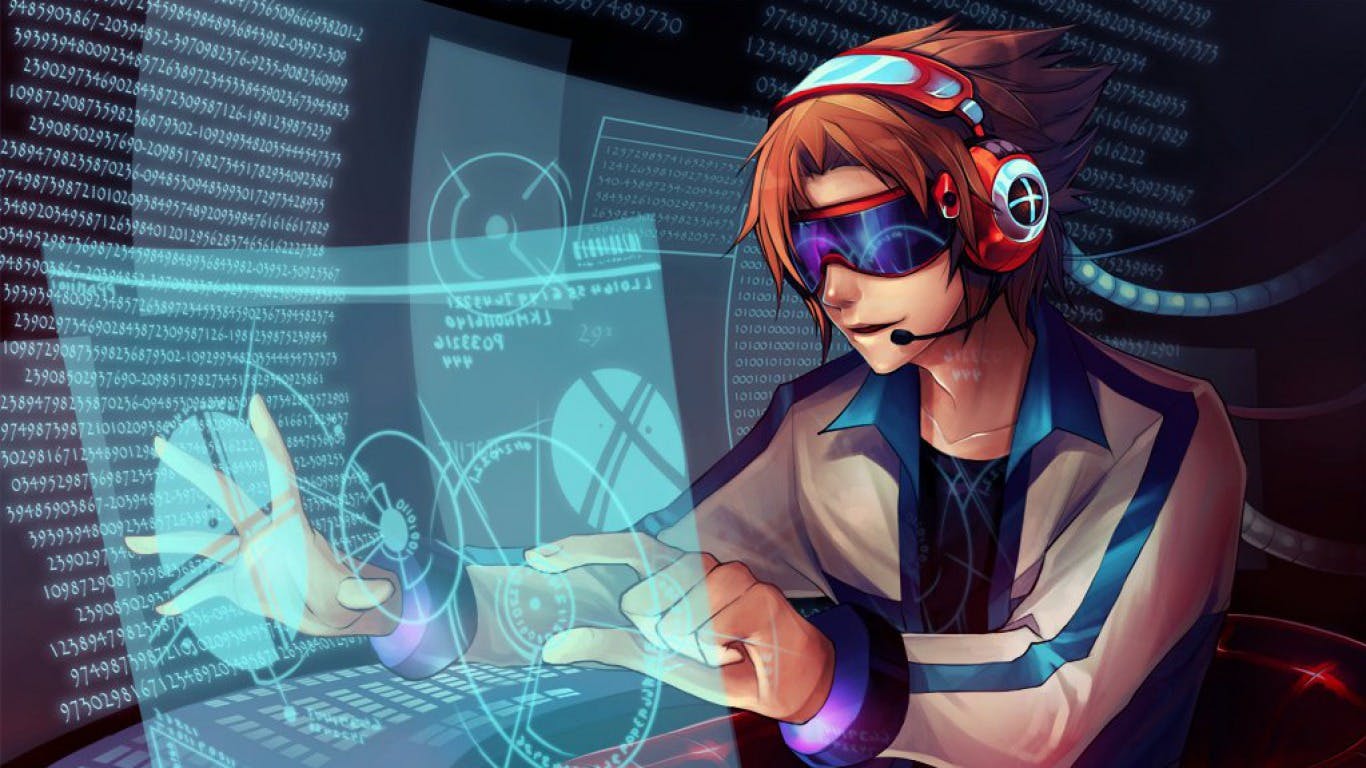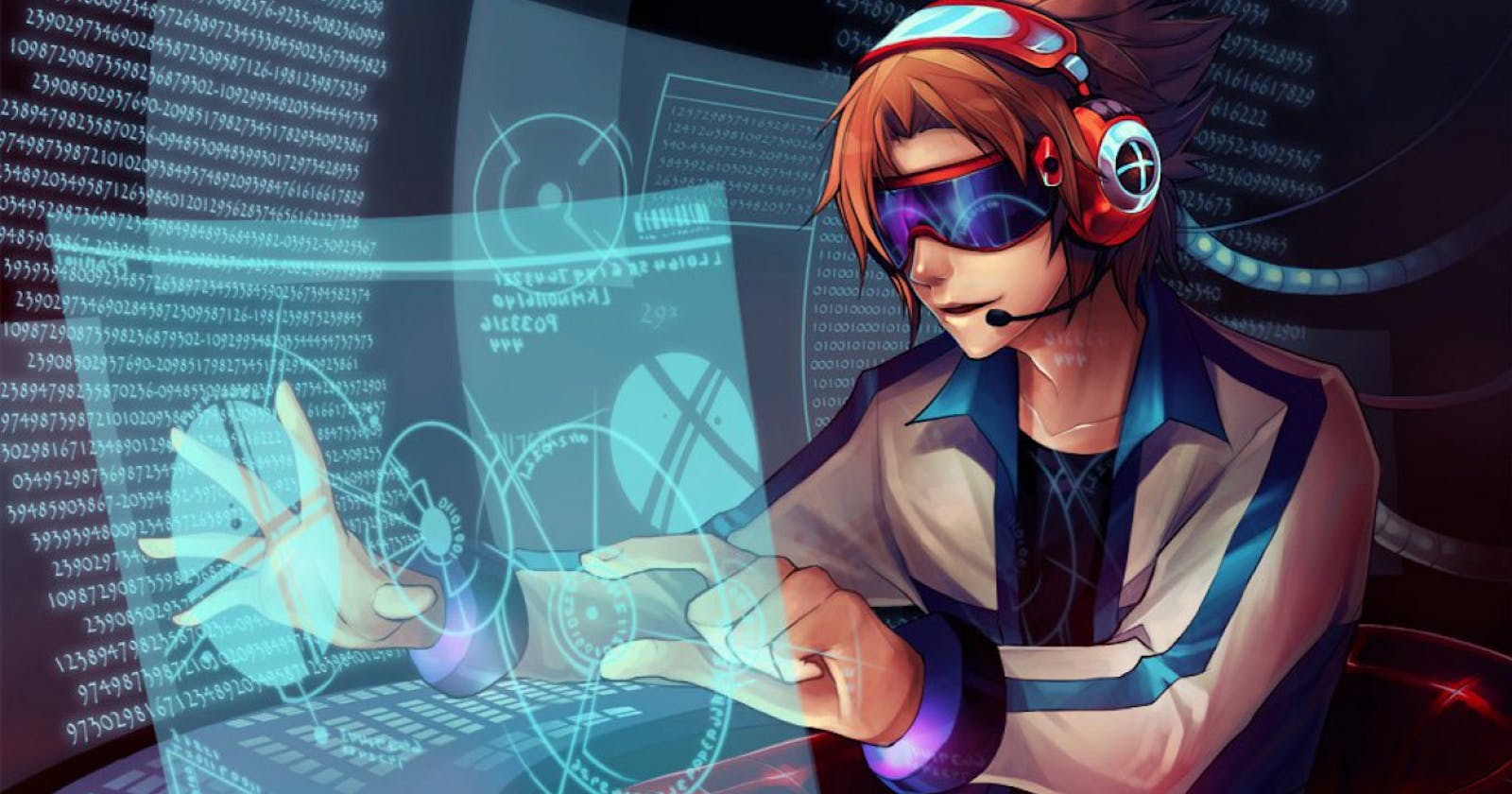Are you interested in tech but have no idea where to start? HA! Me either. No worries! I'm researching 3 interesting tech jobs that don't require a degree. Let's begin!

1) Software Developer
What do software developers do exactly?
Software developers are the creative superhero's behind software programs. These masterminds main agenda are focused on creating & building software programs for the average consumer. Like all superhero's they have more than one task to tackle! This often includes maintain, troubleshoot & testing already existing programs. They must understand the needs of consumers, develop the required programs & update programs as needed. You can catch Software Developers creating games, databases, & programs for operating systems.
So Kiwi how do I get started in my software development journey? Heres some tips:
To snag a career in Software Developing, start learning the different types of programming languages. Four you might consider acquiring is Java, Python, C++, and Scala. Try starting off with Python since it's one of the easier languages to learn!
A degree might not be a necessity but I still recommend to take a course to gain more knowledge in that field. You can also start practicing and developing your niche. Do you enjoy creating apps? Develop your skills by making an app. Hey you never know, it might end up in the Apple app store one day!
Enhance your technical/non technical skills it helps to have experience working with other tools that software developers commonly use. Great non technical skills include: communication skills, creativity, detail-oriented, and have amazing problem-solving skills.
Most importantly certify your skills! Certifications can help validate your expertise for future potential employers. Plus, you'll get the satisfaction of learning something new & getting certified to do it!
Bonus tip: Make a Portfolio of Your Software Development Work
As you gain more experience, curate your portfolio to show off only your top notch work. Be sure to embrace the projects where you’ve used technologies that align with the jobs you’re applying for.
You can host your SD portfolio on your own domain (this will help show off your web development skills) or on a free hosting site like GitHub or GitLab.

2) Web developer
What is web developer?
A web developer or programmer is someone who takes a web design from clients or a design team and turns their design into a website!
In order to create a website these professionals have to write lines and lines of complex codes, using different languages. Their job can be seen as more difficult because they have to take a language we all understand, such as English & convert it into a language the computer understands such as Python, HTML, or CSS.
You can catch web developers designing, developing, and maintaining websites for clients across different industries. Web developers may oversee UX design, back-end development, and front-end development.
They advise their clients and coworkers about a website's technical needs, implement the correct measures to guarantee speed and performance & create digital designs. As webmasters, they must also update and maintain websites.
Here's some tips to get your web developer journey started:
Start with a clear vision & understand the direction you would like to pursue. You should also take a course to help educate yourself. Next, figure out what type of developer you desire to be. The languages and techniques that you learn will depend on whether you want to focus on front or back-end development.
Popular web development languages to learn include HTML, CSS, & JAVA.

3) Data scientist
I heard from the grape vine that data scientist is the hottest job in the tech space. What exactly do data scientist even do? Well data scientists has to determine certain questions their team should be asking and figure out how to answer those questions using data. You can often find them developing predictive models for theorizing and forecasting. I personally think one of the coolest tasks data scientist do is create algorithms and data models to forecast outcomes.
A degree isn't always required but you should possess the relevant technical and soft skills needed to do the job.
Here are some relevant skills you should acquire to get started:
Programming languages: Data scientists are also expected to know certain languages. Popular programming languages include: Python ,R, SQL & SAS
Data visualization: Having the creative ability to make charts and graphs is a huge part of being a data scientist. These 3 tools will help Tableau, PowerBI & Excel that.
Communication: Even the smartest data scientist won't be able to excel if they aren't able to communicate their findings well. The ability to correctly share their ideas effectively through communication is one of the most sought out skill to have as a data scientist.

I hope you found this information useful! I'm currently researching different tech jobs to get a better understanding of what goes on in the tech world. The best part about the ones I provided is you don't need a degree! I only brought 3 to your attention there's still a ton of positions out there to research. Peace out ✌️ my fellow future techies!

